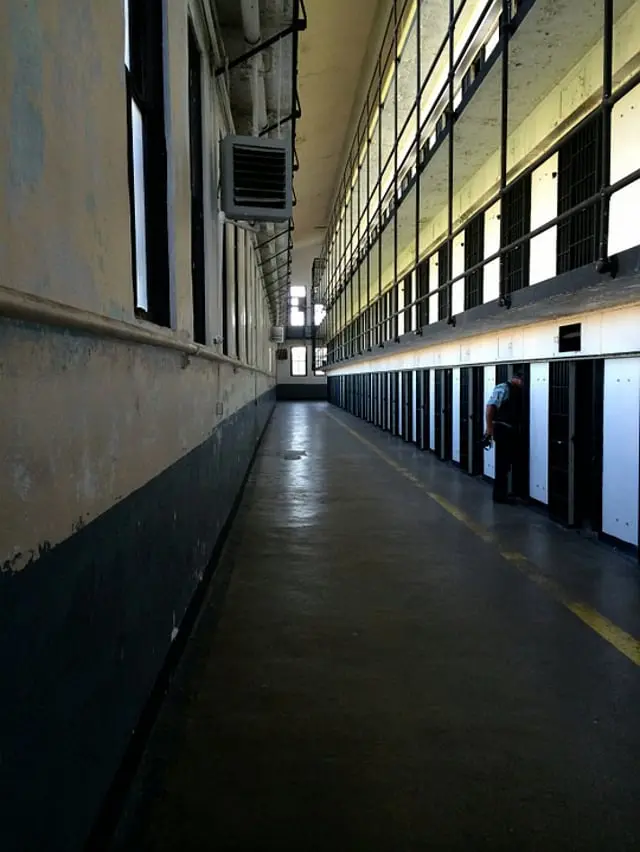Conviction
Understanding Legal Implications of Conviction in Criminal Cases
A conviction in criminal law marks a critical juncture in the judicial process, entailing significant legal implications for the accused. It is the formal declaration that an individual is guilty of the crime they were charged with, following a plea or trial verdict.
The consequences of a conviction are far-reaching and depend on the nature of the crime. They can include imprisonment, fines, probation, and community service. The severity of these penalties is often influenced by factors such as the crime’s seriousness, the defendant’s criminal history, and state or federal sentencing guidelines.
One of the immediate effects of a conviction is on the legal rights of the individual. Convicted individuals may face restrictions on their civil liberties, including the right to vote, own firearms, or hold certain professional licenses. These collateral consequences can significantly impact a person’s life post-conviction.
The process of sentencing follows a conviction. Judges consider various factors, including pre-sentence reports, the nature of the offense, and mitigating or aggravating circumstances. Defense attorneys play a crucial role during this phase, advocating for fair and proportionate sentences for their clients.
The option for appeal is a vital aspect of post-conviction rights. If there are grounds to believe that legal errors affected the trial’s outcome, the convicted individual can appeal the verdict or sentence. This process is integral to ensuring justice and rectifying potential miscarriages of justice.
Post-conviction relief is another legal avenue for those convicted. This can include motions for a new trial, commutation of sentence, or expungement of the conviction under certain circumstances. Legal professionals specializing in post-conviction work provide crucial assistance in navigating these complex processes.
Rehabilitation and reintegration into society are essential considerations post-conviction. Programs aimed at rehabilitation focus on addressing the underlying issues that led to criminal behavior, offering a path towards productive and law-abiding lives.
The societal implications of convictions are profound. They raise questions about the criminal justice system’s effectiveness, fairness, and the balance between punishment and rehabilitation. These issues often spark legal debates and policy reforms aimed at improving the justice system.
Ethical considerations are also paramount in handling convictions. The legal community is tasked with ensuring that convictions are the result of a fair and just process, upholding the principles of due process and equal protection under the law.
In conclusion, a conviction in criminal law carries significant legal and societal implications. It affects the rights and lives of individuals and reflects broader themes of justice, fairness, and rehabilitation. Understanding the legal landscape post-conviction is essential for legal practitioners, policymakers, and the public to navigate and reform the criminal justice system effectively.




